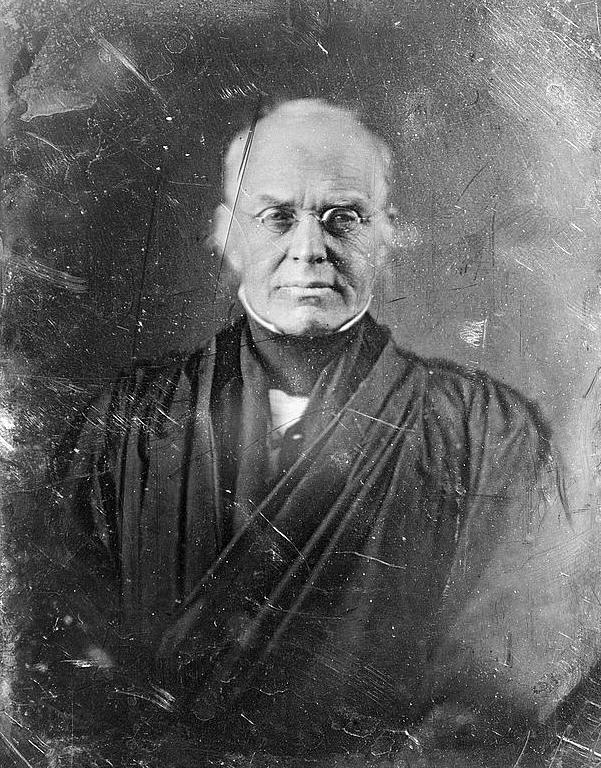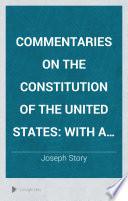Commentaries on the Constitution of the United States, Volume 3, Joseph Story, Hilliard, Grey (1833), § 1784, p. 661
Works
Famous Joseph Story Quotes
In 1819, as quoted in Fateful Lightning: A New History of the Civil War and Reconstruction https://books.google.com/books?id=Tpb7HAIhWHgC&printsec=frontcover&dq=9780199843282&hl=en&sa=X&ved=0ahUKEwjz1ILxqfLcAhVDnuAKHda9Ai0Q6AEIKDAA#v=onepage&q=9780199843282&f=false (2012), by Allen C. Guelzo, Chapter One
"Advice to a Young Lawyer", The American jurist and law magazine: Volume 5 (1831), p. 298.
Bell v. Morrison, 1 Peters, Sup. C. Rep. (U. S.) 360 (1828).
Commentaries on the Constitution of the United States, 2d ed. (1851), vol. 2, chapter 45, p. 617. This passage was not in the first edition, but in all later editions.
Webb v. Portland Manufacturing Co., 3 Sumn. Rep. 189 (1838).
Joseph Story Quotes
Commentaries on the Constitution of the United States (1833), p. 708 http://books.google.com/books?id=Ennw5lvHmcoC&pg=PA708&dq=%22The+right+of+the+citizens+to+keep%22.
Motto of the Salem Register. Adopted 1802. Reported in William W. Story's Life of Joseph Story, Volume I, Chapter VI.
A Discourse Pronounced upon the Inauguration of the Author, as Dane Professor of Law in Harvard University on the Twenty-fifth Day of August, 1829 (1829), p. 29.

